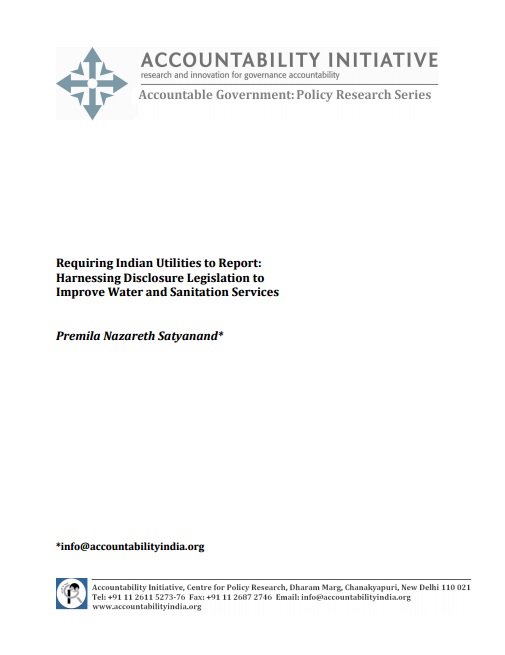Launched in December 2005, the Jawaharlal Nehru National Urban Renewal Mission (JNNURM) is Government of India’s (GOI) flagship programme for urban development. The programme consists of two sub-missions that cover 65 large ‘mission’ cities, and 2 schemes for smaller cities and towns.
These are as follows:
- Urban Infrastructure and Governance (UIG)
- Urban Infrastructural Development Scheme for Small and Medium Towns (UIDSSMT)
- Basic Services for Urban Poor (BSUP)
- Integrated Housing and Slum Development Programme (IHSDP)




